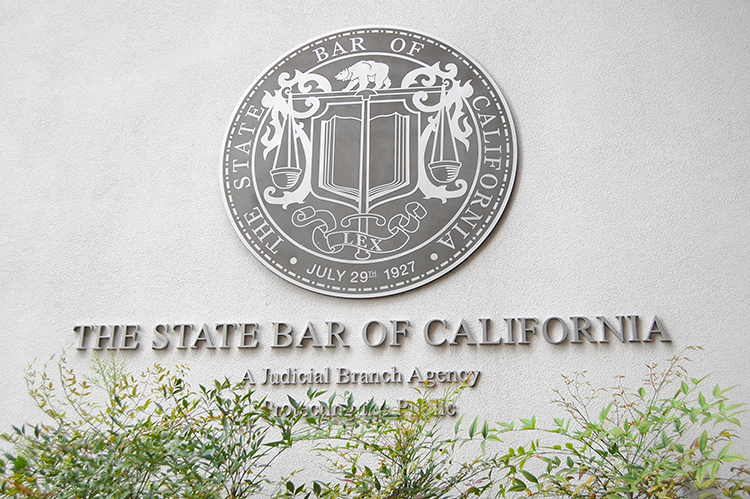Professor who was one of first to write about the 'law school scam' brings Title VII claim

A University of Colorado Boulder law professor told the ABA Journal he’s had “a bullseye on my back” for some time due to comments he’s made at faculty meetings and in internal memos criticizing the law school’s financing. Image from Shutterstock.
Paul Campos, a University of Colorado Boulder law professor known for his writings about the legal academy being based on an unsustainable economic model, has filed a federal complaint against his employer alleging discrimination and retaliation.
Brought in the U.S. District Court for the District of Colorado, the complaint accuses the university of violating pay discrimination and retaliation laws under Title VII of the Civil Rights Act of 1964 and Section 1981 of the Civil Rights Act of 1966. Specifically, the complaint alleges that a 2021 university salary study determined Campos, the only Latino senior law faculty member, was underpaid by $13,756 annually. Additionally, the lawsuit claims he was unfairly rated by the university system, punished for taking parental leave, removed from a faculty committee and also removed from teaching a property class.
A university spokesperson told the ABA Journal it was reviewing Campos’ lawsuit and would not comment at this time.
Campos told the ABA Journal he’s had “a bullseye on my back” for some time due to comments he’s made at faculty meetings and in internal memos criticizing the law school’s financing. According to him, it spends twice as much as it generates in revenue.
“None of these people have their own skin in the game. It’s somebody else’s money that’s being squandered here, so they just don’t care. This also explains why the law school’s budget is such a disaster. Nothing is easier than spending other peoples’ money—at least until it finally runs out,” Campos wrote in a June 25 post for Lawyers, Guns & Money.
Regarding compensation, Campos claims he was actually underpaid a great deal more than what the university found because the school’s wages study did not take into account salary for endowed professorships, and he was the only tenured faculty member in his experience range not to have an endowed professorship. According to the complaint, those honors have gone to less-experienced faculty. Campos also claims that between 2015 and 2021, he was cited in academic literature more frequently than any of his colleagues.
His work includes a 2015 New York Times opinion piece, “The Real Reason College Tuition Costs So Much”; a 2021 New York magazine feature about the Former Presidents Act, followed by a 2022 Michigan State Law Review article on the same topic; and a 2022 book, A Fan’s Life: The Agony of Victory and the Thrill of Defeat, published by the University of Chicago Press.
Additionally, in 2014 The Atlantic published a feature he wrote, “The Law School Scam,” which focused on for-profit schools.
The University of Colorado Boulder rates professors based on their research, teaching and service. According to the complaint, Campos in 2022 received a 3 out 5 rating on the university rating scale, which is described in the lawsuit as “an extremely low score.”
The rating reflects the 2021 calendar year. Campos was on parental leave for the spring 2021 term, followed by a fall 2021 sabbatical. According to the complaint, a committee chaired by Pierre Schlag, a law school professor, recommended the 3 rating.
Campos claims Schlag refused to provide an explanation for the committee recommendation, and the law school’s dean, Lolita Buckner Inniss, would not make an independent evaluation of the finding.
Campos told Inniss he thought the rating reflected bias toward him for being Latino and taking paternity leave, a claim Inniss dismissed immediately, according to Campos. The following month, Campos says he received an email from Inniss stating that in light of his dissatisfaction with his evaluation and his potential lawsuit, he was being removed from the evaluations committee. When Campos complained about being stripped of his committee assignment, the school told he had been assigned to a different committee—an assignment he claims he had no knowledge of.
The complaint also claims Campos was removed from teaching a property class. According to him, he was wrongfully accused of making “racially offensive and gender biased” comments in class the previous academic year.
Campos addressed the allegations in the Lawyers, Guns and Money piece. He claimed he was given no examples of the alleged remarks and not allowed to address the accusations before the class was taken away, which, according to him, violated university rules.
The law school has not “produced a shred of evidence that I made such remarks because there is none,” Campos wrote.



